It’s summertime, which means it’s time for a vacation! Maybe…a big trip to Europe?! After all, it’s been a busy year and you’re in need of a break!
If you’ve traveled recently, you may have looked around and thought, “Wow! It looks like there are way more people here than there were last year!” — and you wouldn’t be wrong. With COVID-19 restrictions being lifted both in the United States and in many spots abroad, people with previously canceled vacation plans are finally going on those long-awaited trips. So we’re here to warn you that traveling this summer is not necessarily going to be easy — especially if your plans involve Europe.
We’ve recently discussed why travelers are questioning summer travel, with a few major factors impacting their plans. From rising costs of airfare, gas, hotels, and more, some may be changing up their travel plans for this summer — either in America or abroad. But the fact that airline ticket prices have risen by 25%, according to CNBC, has not deterred all travelers.
If you’re planning a European vacation this summer, you need to know that Europe is going to be busy. According to Forbes, 8 in 10 Europeans plan to travel within Europe this summer, while the Washington Post recently reported that 40% of Americans will “definitely” go on vacation — including some destinations abroad. A survey by Allianz Partners (cited to by Forbes) also predicted that European travel will increase by 600% (as compared to last year) as more European countries reopen to visitors.
All of this can lead to even more travelers in the airports, more potential for delay, and more complications.
In the United States, airports have reported high numbers of travelers, with some exceeding pre-pandemic travel levels. In mid-April of 2022, the Orlando International Airport had its busiest weekend in three years! And now that the CDC has lifted COVID-19 testing requirements for travelers entering the United States, it’s possible that more people may begin planning international vacations.
Starting at midnight on June 12th, travelers entering the U.S. from an international destination will no longer have to test negative for COVID-19. This new policy is in place for 90 days before the CDC will reassess based on current COVID-19 levels, but that allows summer travelers to avoid figuring out where and how to get tested before being let into the United States.
According to Forbes, some of the more popular European destinations include England, France, Ireland, and Italy, most of which have lifted several COVID-19 testing or vaccination requirements. If you’re traveling from the U.S., you’ll want to double check with your destination country to verify what their current COVID-19 requirements are, especially when restrictions could change at any moment.
The New York Times reported that major European airports have been experiencing cancellations and delays over the past weeks as passengers are on the rise, which is similar to what travelers in the U.S. may be experiencing at domestic airports. Due to labor shortages, COVID-19 cases, weather, and more, there have been a significant number of delays and cancellations at major U.S. airports over the past few months.
The travel industry is calling the European airport chaos “the perfect storm,” according to The New York Times. The combination of lifted COVID-19 restrictions, both throughout Europe and in the U.S., plus an increase in travel demand, alongside issues with airline company staffing, calls for a difficult summer of travel.
Back in late April of 2022, we wrote a post all about why it might be hard to travel abroad this summer, and it seems that many of the problems we highlighted continue to be an issue. Expect staffing shortages, cancellations, delays, increased prices, technical issues, high gas prices, COVID-19 rules, and more to impact travel plans this summer.
If you’re planning a trip to Europe this summer, experts advise planning for lines, delays, and cancellations, and to arrive at the airport as early as possible. They also recommend U.S. passengers traveling overseas book the most direct route as possible and to even plan flights in areas with multiple flights intended for the destination. That way, if your flight is canceled or you miss your connection, you can possibly catch another flight.
Some experts also recommend travelers choose carry-on suitcases over checking luggage, as staffing shortages have resulted in delays in checked luggage delivery. You probably don’t want to be in Europe with none of your things!
So to sum it up, we recommend considering the following when making your summer international travel plans:
- Check out this post all about why traveling abroad could be more difficult this summer
- Expect high ticket prices and crowds
- Plan for lines, delays, and cancellations and have a contingency plan just in case
- Verify the COVID-19 policies with your destination country
- Opt for carry-on luggage versus checking baggage
- Be flexible and pack your patient pants!
When you arrive at your destination, your travel isn’t over. When it comes to lodging, be sure to compare prices at hotels versus rentals. When you’re already spending a premium on your airline tickets, any savings count, right? And you might want to opt for public transportation if you can, with gas prices also continuing to rise.
Although traveling isn’t likely going to be easy this summer, it can be done with the right knowledge and preparation. The more you plan ahead for, the better off you’ll be! And if you’re traveling to Disney World this summer, don’t forget to follow DFB for all your planning needs.
Click here for a full breakdown (including an interview with a University Professor) of why it might be hard to travel abroad this summer.
Join the DFB Newsletter to get all the breaking news right in your inbox! Click here to Subscribe!
Do you have European travel plans this summer? Tell us in the comments!


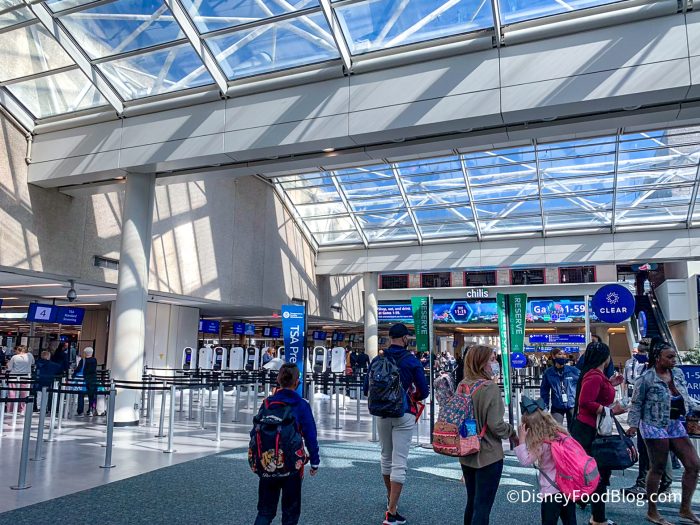
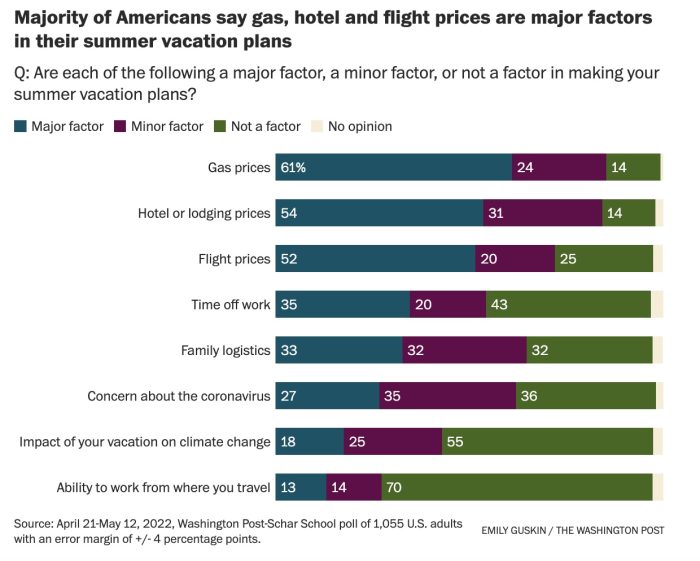
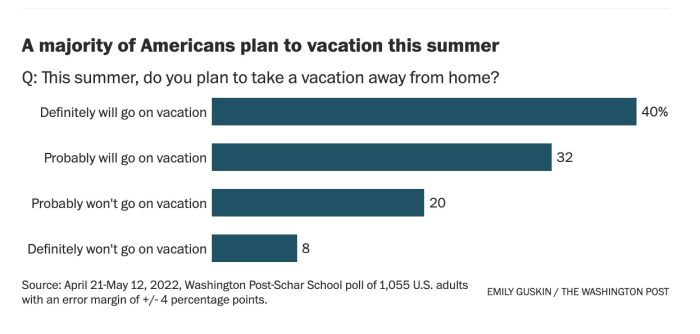

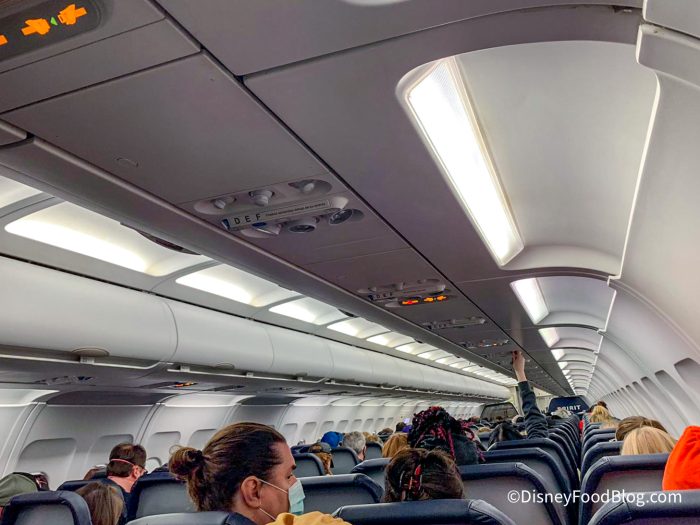
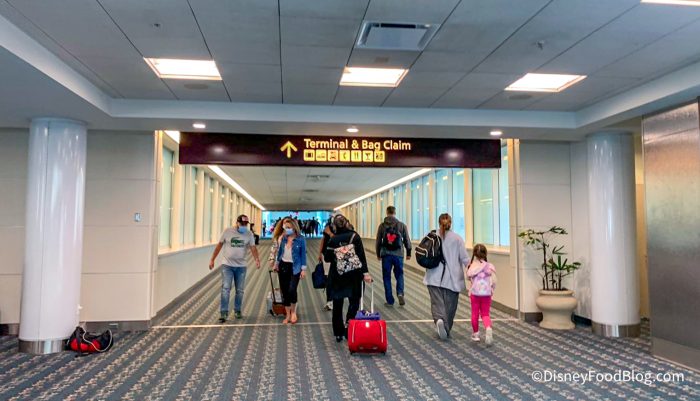
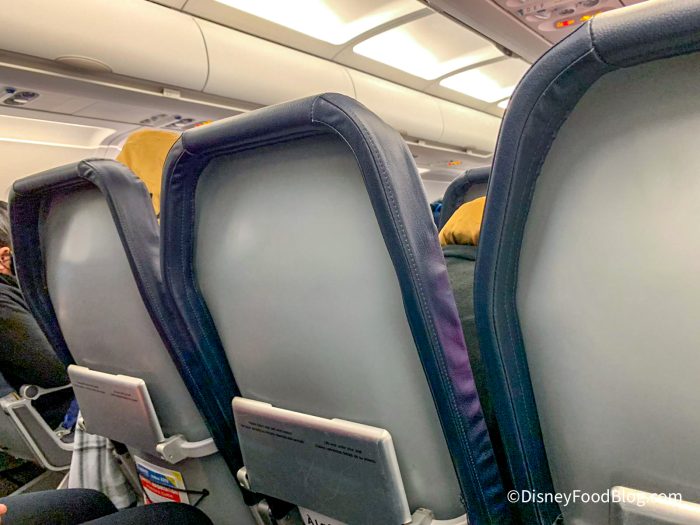

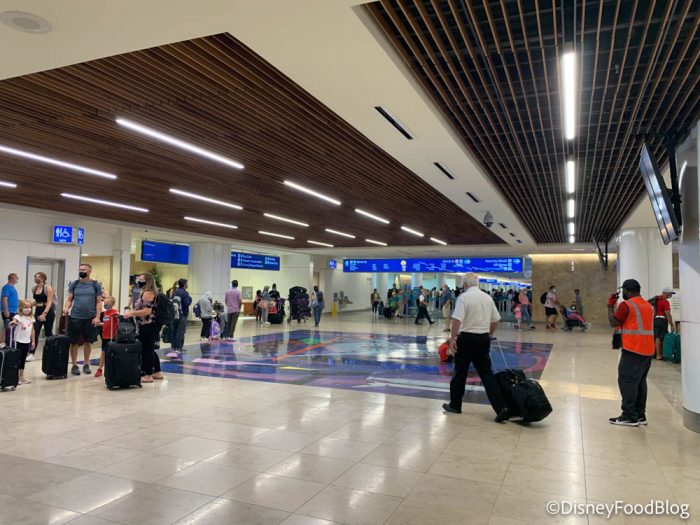
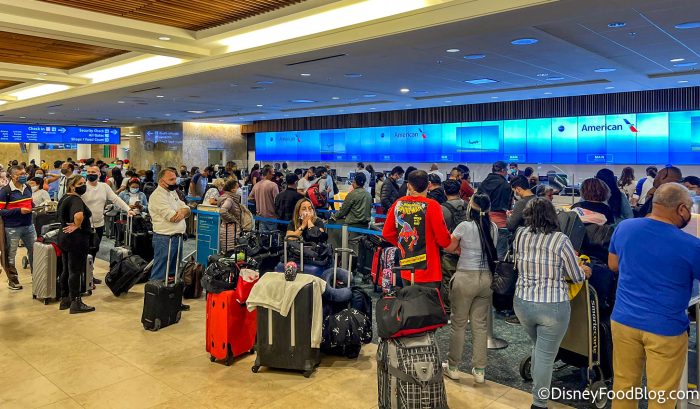
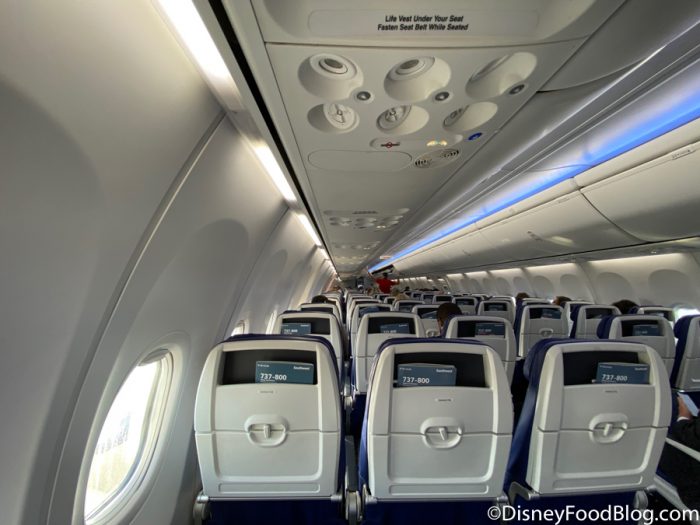
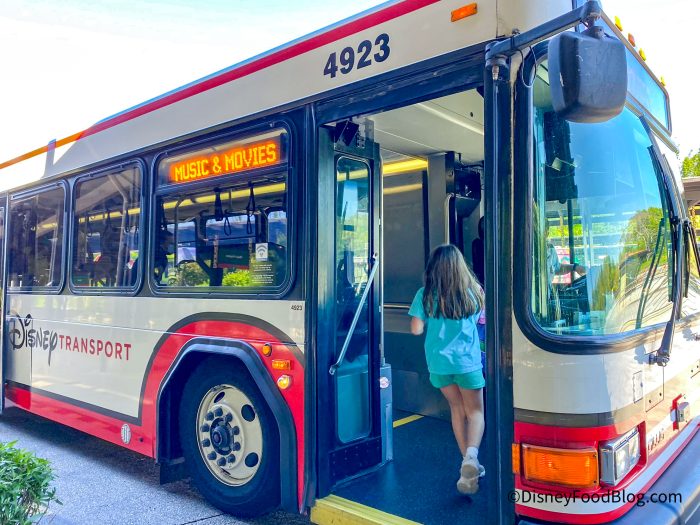
 Our handy (and portable!) ebook guides make sure you get the best deals and can plan a vacation of a lifetime.
Our handy (and portable!) ebook guides make sure you get the best deals and can plan a vacation of a lifetime.

TRENDING NOW
This Disneyland attraction will close soon for refurbishment.
Shrinkflation strikes again.
Now is a great time to grab those last-minute gifts from Amazon since some really...
Get that last-minute holiday shopping done now!
A brand-new Stanley collection has just landed at Target!
Would a break benefit this popular Disney character?
Let's talk about what the Loungefly Organizer is and why everyone is grabbing one for...
What would YOU change about Disney World's Lightning Lane Multi Pass?
Visiting Disney World in January? Be prepared to see a LOT of rides closed as...
This is not a drill! BLUEY is coming to Disney World!
The owners of Gideon's Bakehouse are opening a new concept in Orlando and we've got...
In case you missed it, Disney confirmed that 2 restaurants in Hollywood Studios are permanently...
If you're near Disneyland, you might be able to get a little something free this...
There's nothing like riding on the Skyliner when you're at Disney World, and if you're...
Don't fall victim to these Disney packing trends! Pack these items instead!
Keep your arrival day plans in mind while you pack for Disney World.
These are some of the most wholesome things we've overheard in Disney World!
Hurry! These seven Disney gifts will arrive BEFORE Christmas! The best part? They are on...
UH-OH! Do you need to recharge your phone STAT in Disney World? We've got you...
Pool hopping is no longer, which means you may have to make a tough decision...